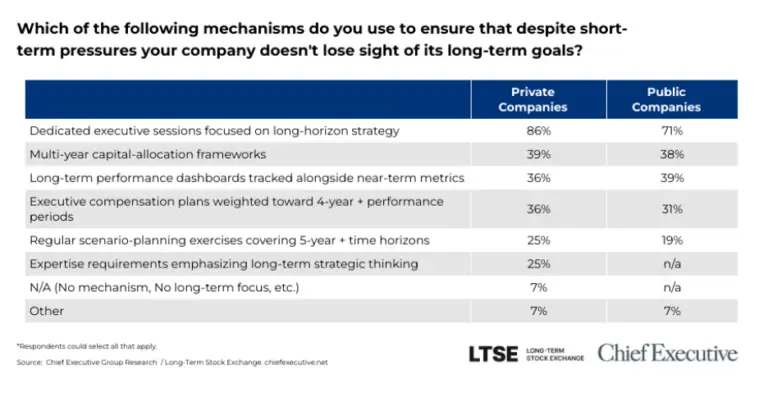
Uber is in the headlines yet again, this time over a reported U.S. Department of Justice inquiry into possible violations of the Foreign Corrupt Practices Act. Whether or not the allegations are true, it’s certain this story got more prominent play in major news outlets because of the ridesharing giant’s multiple self-inflicted injuries in recent months.
Once a company’s reputation has taken a hit, every new allegation, every piece of evidence that seems to support the narrative of an organization gone rogue becomes news. So what might possibly be the sort of minor infraction that could occur deep in the operations of any large, international company becomes further confirmation of Uber’s supposed lack of ethical leadership.
This is expensive for any company, but especially for a high-flying technology darling like Uber, whose private market value has surged into the tens of billions as it plans a major public stock offering. And it’s almost completely avoidable – not the alleged infraction, perhaps, but the magnifying effect Uber’s track record of sexual discrimination claims, management upheaval and regulatory problems had on the latest allegation. Had Uber focused on fostering a strong corporate culture that values compliance, ranking it as high on company leaders’ list of priorities as disrupting the transportation market and growing at breakneck speed, it likely wouldn’t have found itself in such a vulnerable position. From the start, Uber’s leaders should have realized that compliance has a definite return on investment.
“There are very few things a company might try to accomplish that would be blocked by an effective ethics and compliance program.”
I’ve said it many times: Culture is what happens when people aren’t looking. And a company’s culture exists regardless of whether management makes a conscious effort to shape it. Enron – to use an example few of Uber’s employees may be old enough to remember – had an exemplary code of conduct. But under Chief Executive Jeffrey Skilling, executives were pushed relentlessly to generate reported profits and revenue growth at the expense of accounting integrity. In other words, a strong code of conduct is important, but isn’t enough on its own.
In Silicon Valley’s grow-at-any-cost environment, similar problems are brewing. It’s long past time the investors who risk billions of dollars on these companies, and the directors who oversee them, open their eyes and demand a more robust compliance and reporting ecosystem. Long before former Uber engineer Susan J. Fowler wrote her now-famous memo detailing rampant sexual harassment and discrimination, or Uber hired former U.S. Attorney General Eric Holder and fired 20 employees amid a wide-ranging investigation, there were probably strong indications of a culture in need of repair.
What do those indications look like? Unresolved complaints to human resources. Top executives who slip away without explanation (but amid plenty of chatter among their subordinates, if management would only ask.) High employee turnover in certain departments, or difficulty recruiting talented female and minority talent to others. At the investor or board level – along with employees throughout the organization — people must be trained to ask the right questions and demand evidence that reports from employees and other stakeholders are not only being received, but investigated and resolved. Unfortunately, recent research from my employer, NAVEX Global, shows that 36 percent of organizations don’t provide ethics and compliance training to their boards.
Some may think fast-growing startups don’t have the time or the resources to establish an ethics and compliance infrastructure, or view it as a bureaucracy standing in the way of innovation. But there’s no reason for compliance to be the Department of No. There are very few things a company might try to accomplish that would be blocked by an effective ethics and compliance program, or that couldn’t be accomplished another way. And one of the beauties of compliance is it’s scalable: Once the policies are in place, they can easily be implemented across the organization as it grows.
Meanwhile, think about the things that would be blocked by a culture of compliance. Sexual harassment. Bribery of foreign officials. Regulatory violations. Do any of these build value or improve the company’s ability to recruit talented employees? Will they help make for a successful initial public offering? Will they do anything but harm an organization in an era of viral news?
As Uber is learning, one of the side effects of a flawed compliance culture is bad publicity whenever a new story breaks. But there are other costs, including the cost of hiring a prominent former U.S. Attorney General to do a top-to-bottom investigation, the cost of settling employee harassment claims, the cost of losing a founder and chief executive and recruiting a new one. Avoiding these costs should be at least as high a priority as putting your app on the 1 millionth smartphone or launching in another country. Your business, and your reputation, depend on it.







